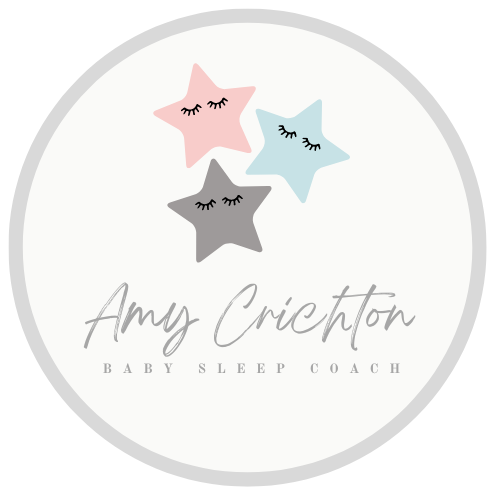The 4 month sleep regression is the most infamous of all the sleep regressions. As a new parent, you may have just started to enjoy the bliss of your baby sleeping for longer stretches at night. But suddenly, at around four months, your little one seems to have forgotten all about their sleep routine. Welcome to the 4 month sleep regression, a phase that leaves many parents scratching their heads and desperately seeking solutions.
Understanding the 4 month sleep regression
Firstly, it’s essential to understand what’s happening during the 4 month sleep regression. This is a period when your baby’s sleep patterns shift, becoming more like an adult’s. Instead of entering deep sleep immediately after dozing off, they now transition through lighter stages of sleep before reaching that deep restorative stage.
This shift in sleep pattern is entirely normal and marks a significant developmental milestone for your baby. However, it can also lead to more frequent night wakings and shorter naps during the day. Your once peaceful sleeper might now wake up every hour or two throughout the night – leaving you exhausted and bewildered.
It also comes at a time when your baby is experiencing some big developmental milestones such as recognising objects and people, reaching for things, holding their head up without support and being able to roll onto their back. So they want to practise some of these things at night too!
Surviving the 4 month sleep regression requires patience and consistency. Here are some tips on how you can navigate through this challenging period.
4 month sleep regression tip 1: Establish a consistent bedtime routine
A consistent bedtime routine can be a lifesaver during the 4 month sleep regression. This routine should include calming activities such as bathing, reading a book, or singing lullabies that signal to your baby that it’s time for bed.
Start this routine at the same time every night so that your baby begins to associate these activities with bedtime. Over time, this consistency will help regulate their internal clock and make it easier for them to fall asleep and stay asleep longer.
4 month sleep regression tip 2: Promote self-settling skills
At four months old, babies are capable of learning self-soothing skills which can be invaluable during the 4 month sleep regression period. This doesn’t mean that we now expect your babies to start sleeping through the night independently, but at this stage you can certainly start taking steps to encourage and develop self-settling.
You can encourage self-soothing by putting your baby down in their crib while they’re drowsy but still awake to see how they get on. It’s ok if it doesn’t work. Just carry on with however you usually get them to sleep. It’s just about practise at this stage and giving them an opportunity to see if they can do it by themselves.
Similarly if they fuss or briefly cry out in the night, wait a few minutes before going to comfort them just to give them a chance to get themselves back. Again, don’t worry if they don’t, it’s just about building the skill gently and gradually over time.
4 month sleep regression tip 3: Keep an eye on wake windows
During the 4 month sleep regression, daytime naps become even more critical as they directly impact nighttime sleeping patterns. If your baby isn’t getting enough daytime rest or is overtired by bedtime, they’ll likely have more trouble falling asleep and staying asleep throughout the night.
Keep an eye on wake windows and sleepy cues so that naps happen at the right time for your baby. If you stretch your baby too long between naps overtiredness will build up which can have an impact on night sleep.
4 month sleep regression tip 4: Be patient and seek support
The 4 month sleep regression can be challenging not just for babies but also for parents who are struggling with disrupted nights. It’s essential during this time to take care of yourself too and remember it’s just temporary.
The 4 month sleep regression can last anytime from 2-6 weeks so try and stay consistent and remember the light is at the end of the tunnel.
If you’re well past the 4 month sleep regression but sleep is still an issue, why not book a free discovery call so we can chat about ways I can help you get sleep on track and give everyone the rest they need and deserve!
And for more tips, advice and support why not follow me on Instagram?

